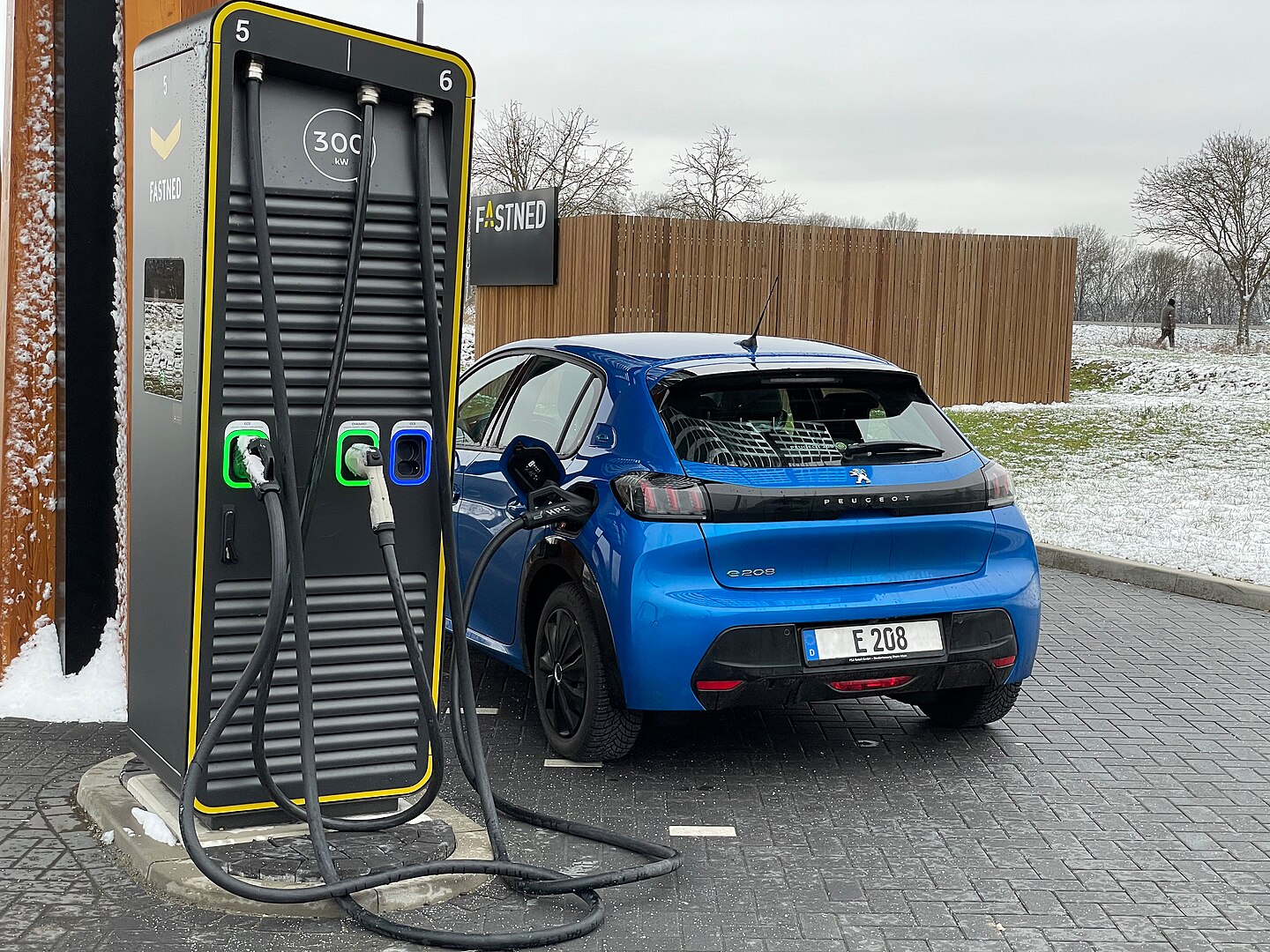
(Photo : By Tomás Freres)
To achieve its ambitious goal of 30% electric vehicle (EV) penetration by 2030, the Indian government is intensifying its push for increased EV production and localized manufacturing. In response, Tata and JSW groups are preparing to invest a remarkable $30 billion over the next decade to drive the nation's EV ecosystem, according to a recent report by S&P Global Ratings.
"We estimate that the Tata and JSW groups alone will be investing over $30 billion into making EVs and EV materials over the coming decade, of which about $10 billion will be in South and Southeast Asia (SSEA)," said the report.
India with its enormous market potential is attracting substantial investment in the EV sector. The Indian EV market is projected to grow rapidly, from $3.21 billion in 2022 to $113.99 billion by 2029, at a 66.5% CAGR. Furthermore, the EV battery market alone is set to expand significantly, this combined with the Indian government's supportive policies to draw global and domestic investments in EVs to the country. The government has announced a plethora of measures including lower customs duties for companies setting up EV production facilities.
Along with this the recently launched PM Electric Drive Revolution in Innovative Vehicle enhancement (PM E-DRIVE) scheme with a financial outlay of Rs 10,900 crore over a period of two years, these measures will play an important role in accelerating EV adoption and building critical charging infrastructure nationwide.
However, these policies require firms to achieve a 50% localization target within five years, a move that will significantly contribute to India's manufacturing ecosystem for electric vehicle components and batteries. The government is also expecting that EV adoption will accelerate with rationalising of EV prices in line with the prices of ICE models.
India aims for 30% of private car sales and 70% of commercial vehicle sales to be electric by 2030, which translates to 80 million EVs on the road. This goal will require a massive expansion of charging infrastructure, with at least 1.32 million charging stations by 2030 according to a IBEF report. The government is also expecting CNG vehicles market share to grow in tandem with the E- vehicles.
"We also believe hybrids and vehicles powered by compressed natural gas will command meaningful market share alongside EVs in the light-vehicle and passenger commercial vehicle segments," the report mentioned.
Apart from the domestic companies India is also becoming an attractive market for the foreign EV manufacturers like Tesla, VinFast, and the Korean ICE car makers Hyundai Motor Co. (HMC) and Kia who already command a considerable market share in ICE market.
Hyundai plans to continue investing in India, including in local EV production. It will start with its first fully electric model made in the country, launching in January 2025. Tata and JSW's investment in battery manufacturing, including Tata's Gujarat battery plant with an initial 20 GWh capacity, is expected to reduce dependency on imports and enhance India's appeal as a global EV hub.
"We believe Tata Motors has sufficient financial headroom in its credit metrics to undertake its EV investments. In September 2024, the firm announced plans to invest about $1 billion in a new EV plant in the south Indian state of Tamil Nadu," the report noted.
The report estimates that the top carmakers will be spending more than $20 billion building electric vehicle (EV) production in South and Southeast Asia for the next few years and India's aggressive policy will make the country an attractive destination for investment in the EV sector.
* This is a contributed article and this content does not necessarily represent the views of btin.co.in









